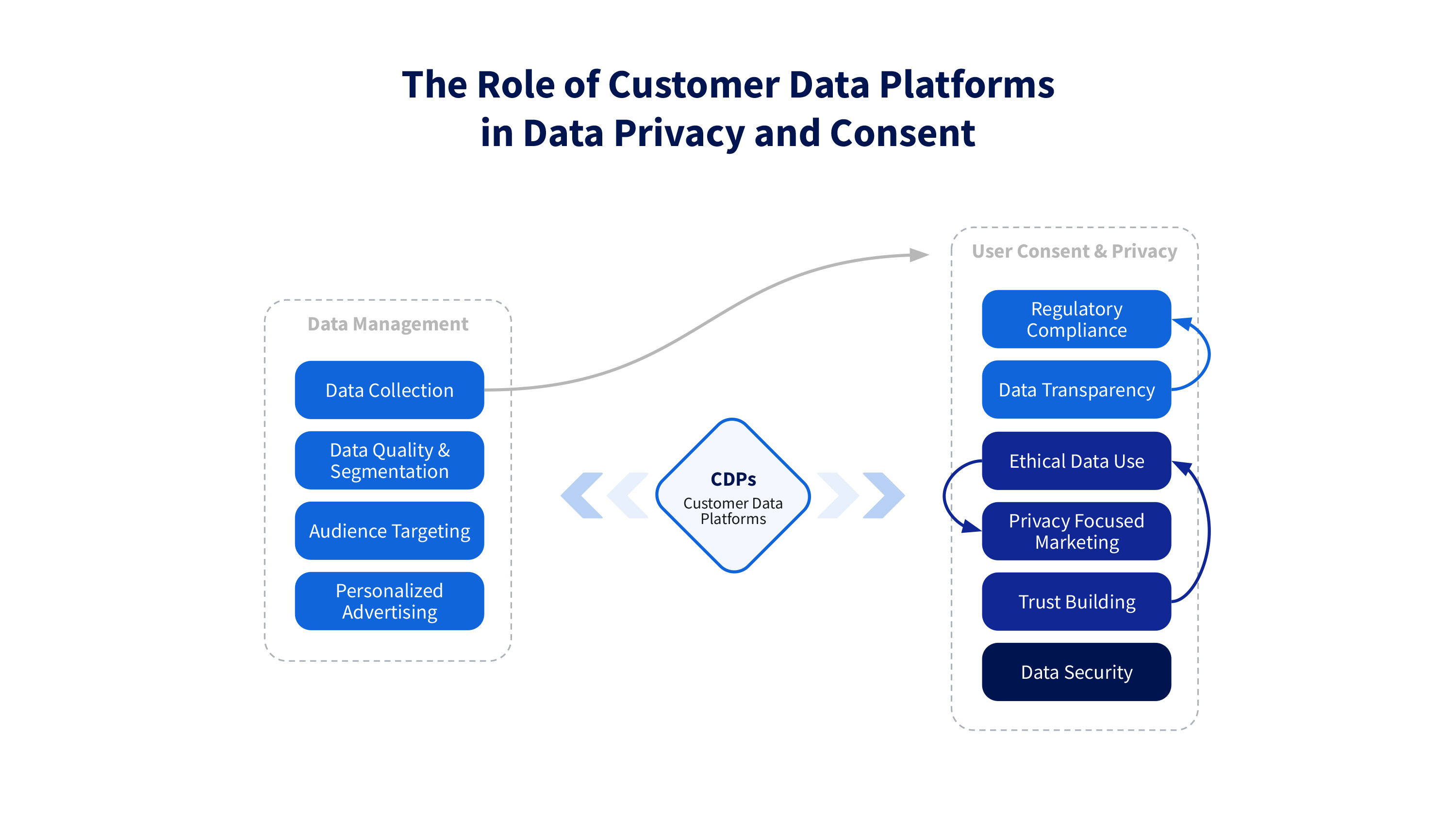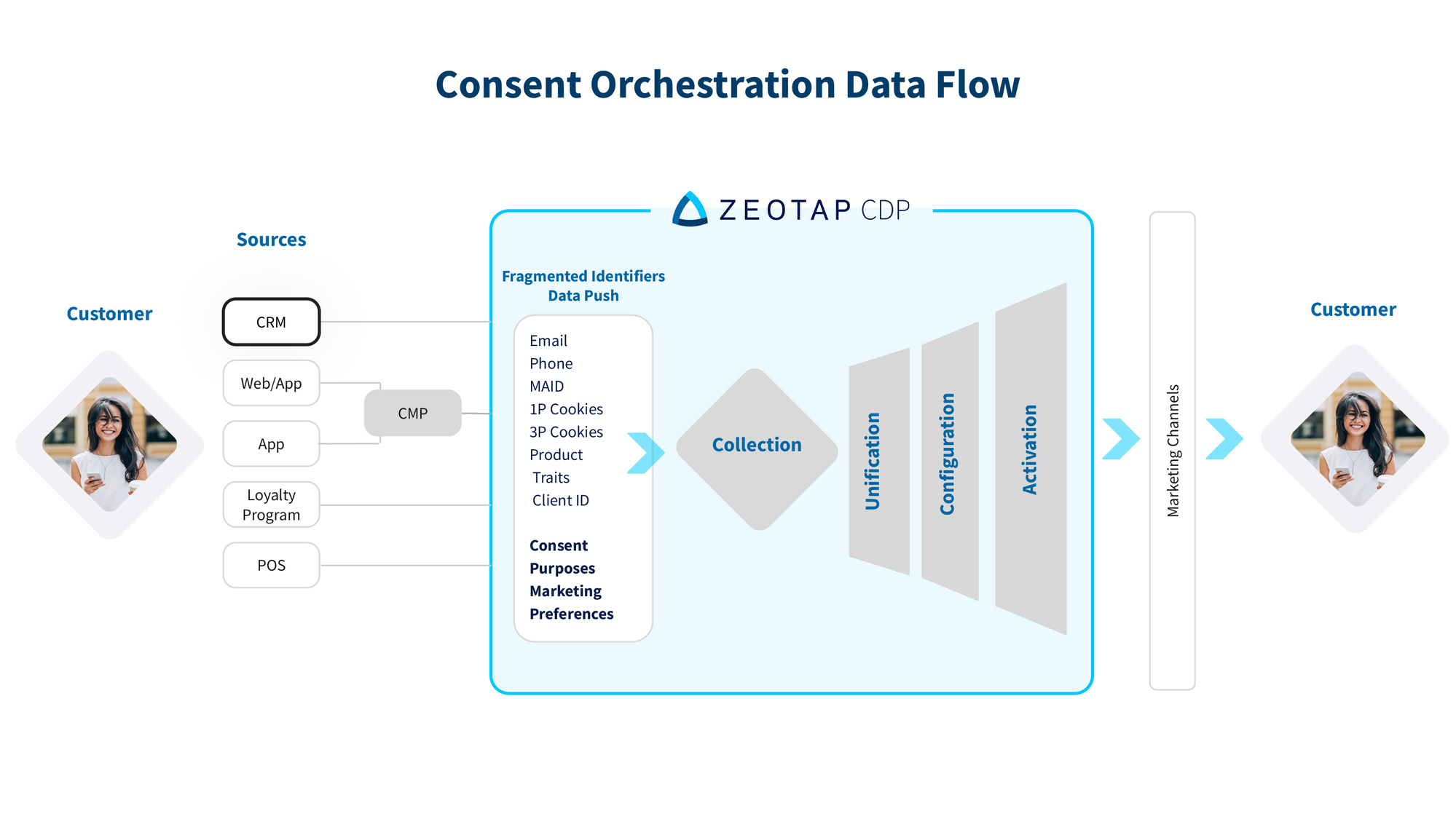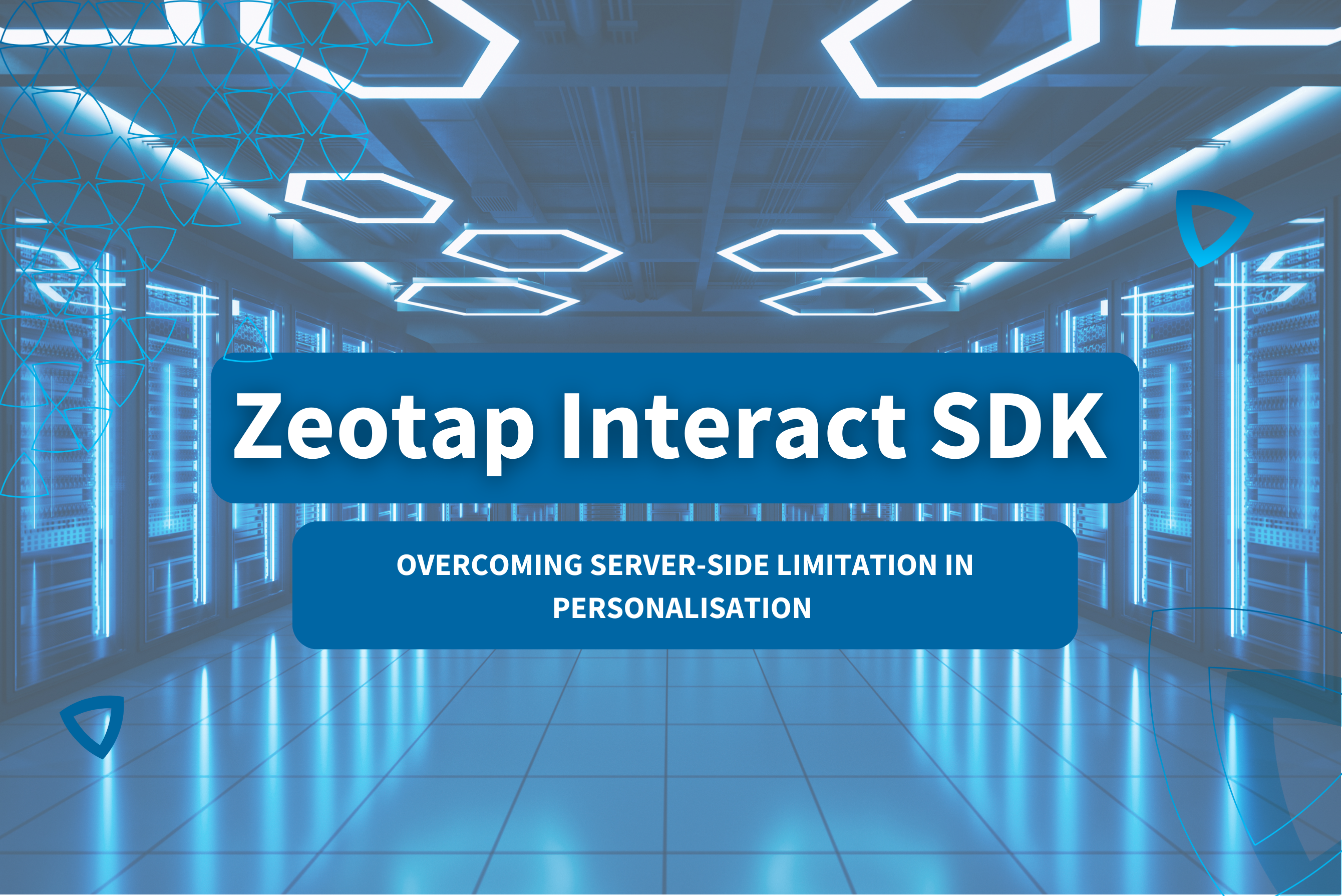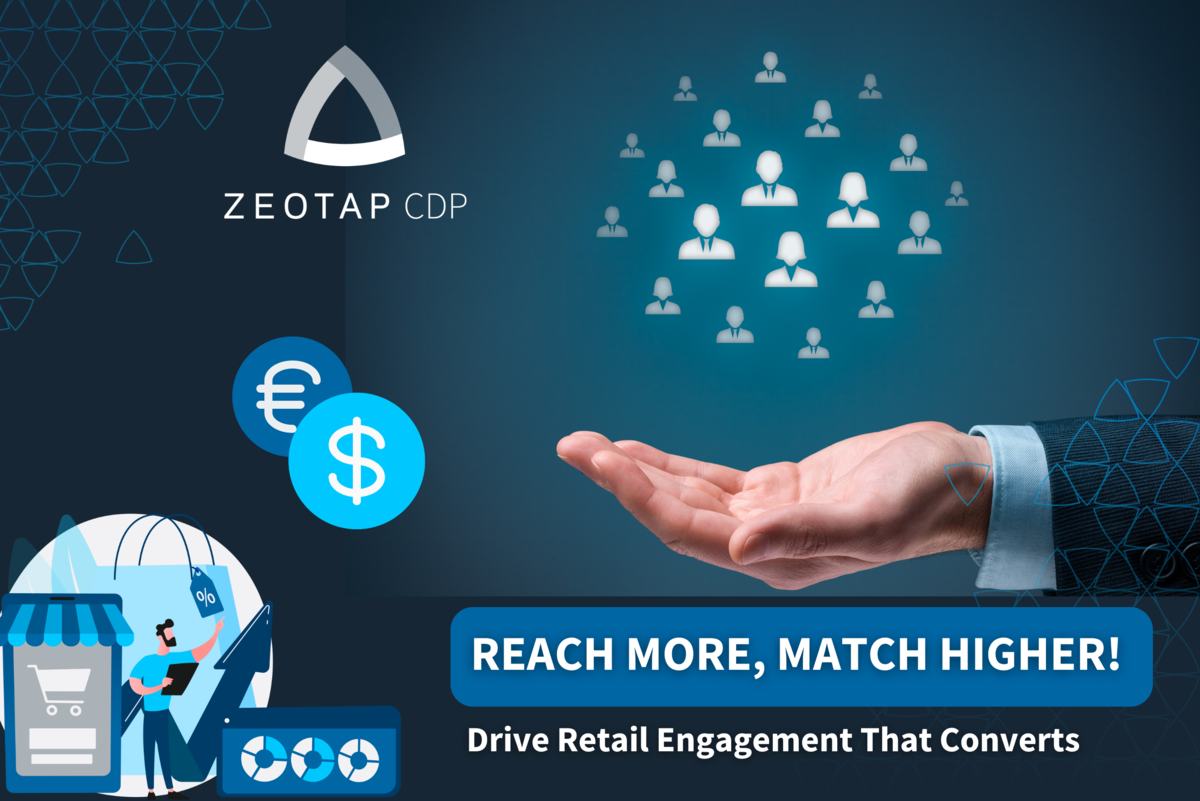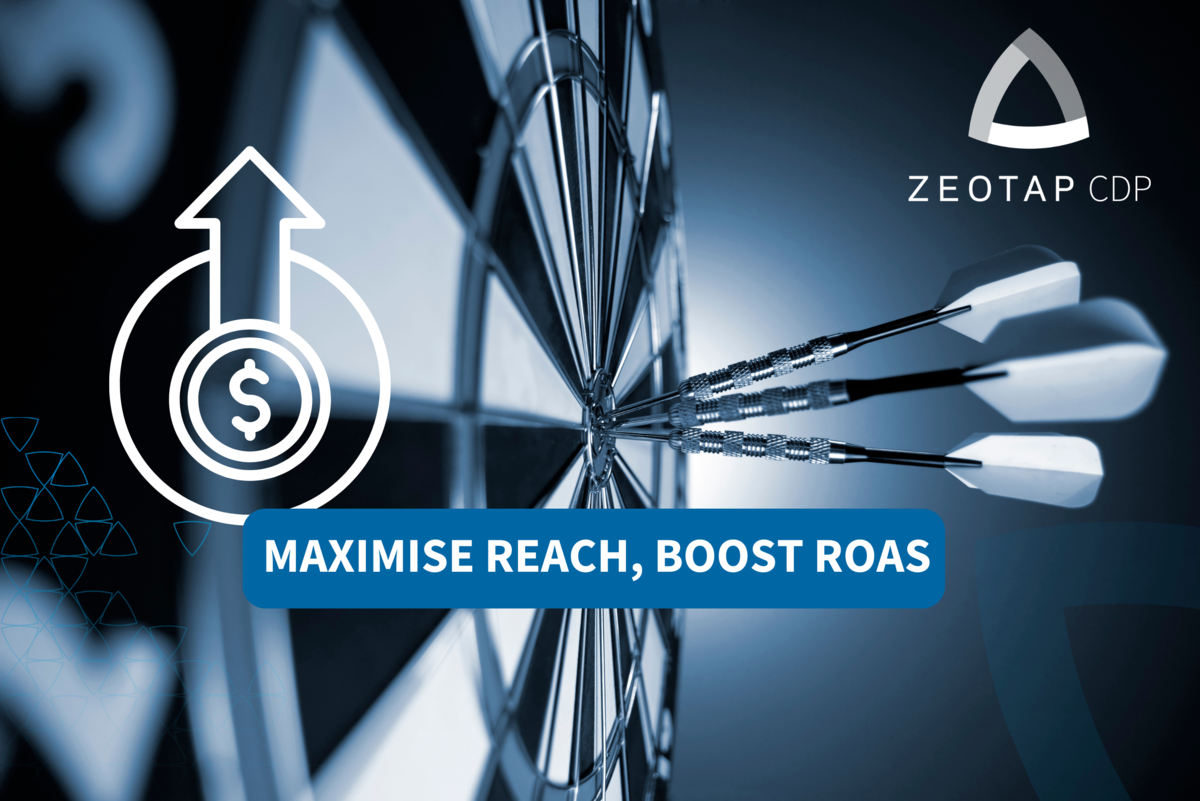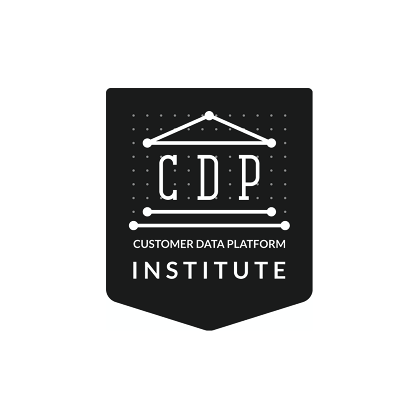Data algorithms are always at work gathering information about users’ online activities across the various social networking platforms. These data insights go beyond tailoring content and delve into predicting users’ preferences and behaviours to present ads that are not just engaging but also enticing for purchases. Businesses can yield highly personal revelations, extending from individual tastes and habits to even intimate details that construct a comprehensive profile, providing insights into a person’s personality and interests based on their online interactions.
However, the challenge arises when these intricate data profiles are utilised to shape Ad content without the users’ explicit consent. This raises concerns about privacy and ethical implications. While these practices offer the potential for advertisers to deliver more relevant content, the absence of user consent can lead to adverse effects. Users might find their online experiences invaded by ads that feel intrusive, irrelevant or even unsettling. The lack of control over how personal data is harnessed for advertising purposes can erode trust between users and the platforms they engage with.
In this blog, we will build a narrative around undertaking the data-driven advertising model with clear and affirmative consent from users, ensuring that advertising respects users’ privacy and maintains the delicate balance between effective marketing and ethical data usage.
What has happened so far?
In recent months, Meta has faced some significant challenges in Europe regarding user data and targeted advertising. When data about a user’s online activities is utilised to determine the ads they see, it’s referred to as behavioural advertising. Essentially, every action a user takes on social media and across the internet can be tracked and employed for behavioural advertising. European courts have long debated whether Meta can employ this data for advertising without first obtaining explicit consent from users, meaning a clear ‘yes’ or ‘no’ from them. Concerned about their advertising means, the Irish Fine and Order: Back in May, the Irish privacy regulator slapped Meta with a hefty fine of 1.2 billion EUR. The reason? Meta was ordered to stop transferring information about European Facebook users to the United States until a solution was found to address data privacy concerns. This move was in response to the newly introduced Data Privacy Framework.
To find a solution to the ban, Meta, like many other companies, decided to get certified under the Data Privacy Framework. Relying on this certification, they can ensure that their business operations comply with data privacy regulations while processing data between the European Union (EU) and the United States. However, not all was smooth sailing for Meta as the Norwegian data protection authorities imposed a ban on Facebook and Instagram, preventing them from tracking users extensively for targeted advertising effective on August 4th. While ads can still be displayed, they must now be based solely on the information available in the “about” section of a user’s profile. As a way out of the ban, Meta made an announcement to seek consent from users before allowing targeted advertising on Facebook and Instagram. However, the specifics of this consent process remain somewhat unclear at this point. As these developments continue to unfold, it’s clear that user privacy and data protection are top priorities for both companies and regulators in the digital age.
Adverse effects on brands due to surveillance from regulatory authorities
Businesses, if not complying with the consent, compliance and surveillance practices crafted by regulatory authorities, can cast a shadow on the brand’s perception and strategy. The exposure of data privacy concerns stemming from the platform’s practices can trigger a decline in consumer confidence. Imagine the repercussions of a brand being linked to a platform discovered to have violated privacy laws; this connection could tarnish consumer perceptions, presenting a formidable obstacle for these brands to break away. Brands could potentially be perceived as prioritising profit over safeguarding user privacy. This perception poses a dual threat: it jeopardises the ethical standing of these brands and raises doubts about their commitment to user well-being. Confronted with these challenges, brands might find it necessary to reevaluate their advertising strategies, possibly prompting a shift away from the platform in question.
How can Customer Data Platforms help?
Understanding the evolving landscape of data privacy and user consent, Customer Data Platforms (CDPs) requires delving into the challenges Meta has faced and the potential impact on targeted advertising. When users give or withhold consent for their data to be used for behavioural advertising, it directly affects the ability of platforms like Meta to create effective ad audiences. In simpler terms, if a large number of users refuse consent, the platform’s ability to target ads effectively diminishes. This is where the relevance for CDPs becomes apparent. CDPs are essential tools for businesses looking to centralise and manage customer data effectively. They rely on the availability and quality of data to segment and target audiences for various marketing efforts, including personalised advertising. When users decline consent for their data to be used for advertising purposes, it restricts the pool of data available for CDPs to create audience segments.
CDPs contribute to data transparency by providing clear information to users about data collection and usage, aligning user consent with regulatory demands. Brands can rely on CDPs to shape privacy-focused marketing campaigns, building trust through ethical use and collection of customer data to reduce risks like data breaches. Moreover, CDPs facilitate personalisation while respecting user privacy boundaries, enabling tailored experiences that enhance user engagement. CDPs’s adaptability ensures brands can swiftly respond to evolving regulations and public sentiment, making timely changes to data handling and communication strategies. Security features offered by CDPs safeguard customer data, along with mechanisms for data access, correction and deletion, promoting compliance with data protection regulations.
Navigating consent and compliance using a CDP
Modern enterprises extend beyond the mere collection of consent; they now cater to specific user communication preferences. In an era where consumers’ control over data privacy is a pressing concern, establishing trust becomes paramount.
Surveys indicate that:
- Over 60% of consumers lack confidence in their control over data privacy,
- And 62% prefer brands that guarantee non-sharing of personal information with third parties.
Consent management is high on the priority list of any business. Gartner, an advisory firm, has released a projection suggesting that penalties related to mishandling of subject rights will see a tenfold increase, exceeding $1 billion by 2026. This marks a significant rise from the numbers observed in 2022.
And it’s not just fines that companies need to be worrying about -s a recent report issued here at Zeotap found that only 40% of consumers feel in control over how their personal information is used by the companies they interact with and 60% of consumer have become more conscious of the personal information they share with companies over the last year.
Consent management supports a company’s data privacy compliance by firstly informing users about how their data will be collected and used, then also collecting and managing consent itself. Compliance entails meticulous consent capturing, prevention of illicit data collection, and timely modifications or deletions. CDPs rise to the challenge of core GDPR difficulties, uniting consumer data into a comprehensive customer profile. CDPs address these intricacies through consent management, offering preference-based data release control. Granular choices resonate with consumers, nurturing trust, reducing churn and boosting retention rates. These choices extend beyond marketing communications, encompassing even sensitive matters like posthumous data handling. As compliance standards tighten, businesses without a consent management framework can greatly benefit from CDP adoption.
Zeotap CDP’s Consent First Approach
CDPs serve as a trusted repository of all consumer data, orchestrating the enrichment, activation, access and erasure of that data over time. For leading CDPs like Zeotap, excels in GDPR compliance, aligning with the highest European standards for consent, security and privacy.
Zeotap CDP helps solve the problem of disparate and siloed consent records, by creating a unified customer profile of data ingested from different sources of consent data (including Consent Management tools themselves) and rationalising them into a single set of preferences that marketing can follow.
Zeotap CDP also has the power to determine which technologies receive consumer datasets and even more significantly, to orchestrate the right data that other technology destinations require to carry out their tasks, assuring the business that consumer data is being used in a “need to know” fashion. CDPs contribute to data transparency by providing clear information to users about data collection and usage, aligning user consent with regulatory demands. Brands can rely on CDPs to shape privacy-focused marketing campaigns, building trust through ethical use and collection of customer data to reduce risks like data breaches.
ABOUT THE AUTHOR
 Hannah is our Head of Legal, a seasoned professional with over a decade of invaluable experience in the dynamic realms of Marketing and Finance across the UK and Germany. Her extensive expertise has been honed through multifaceted roles in both jurisdictions, granting her a unique perspective on legal intricacies within complex products. At Zeotap, she assumes the responsibility for overseeing all legal processes, ensuring the seamless alignment of our operations with regulatory frameworks. With her astute insights and comprehensive understanding, she makes sure that legal integrity remains at the heart of our endeavours.
Hannah is our Head of Legal, a seasoned professional with over a decade of invaluable experience in the dynamic realms of Marketing and Finance across the UK and Germany. Her extensive expertise has been honed through multifaceted roles in both jurisdictions, granting her a unique perspective on legal intricacies within complex products. At Zeotap, she assumes the responsibility for overseeing all legal processes, ensuring the seamless alignment of our operations with regulatory frameworks. With her astute insights and comprehensive understanding, she makes sure that legal integrity remains at the heart of our endeavours.